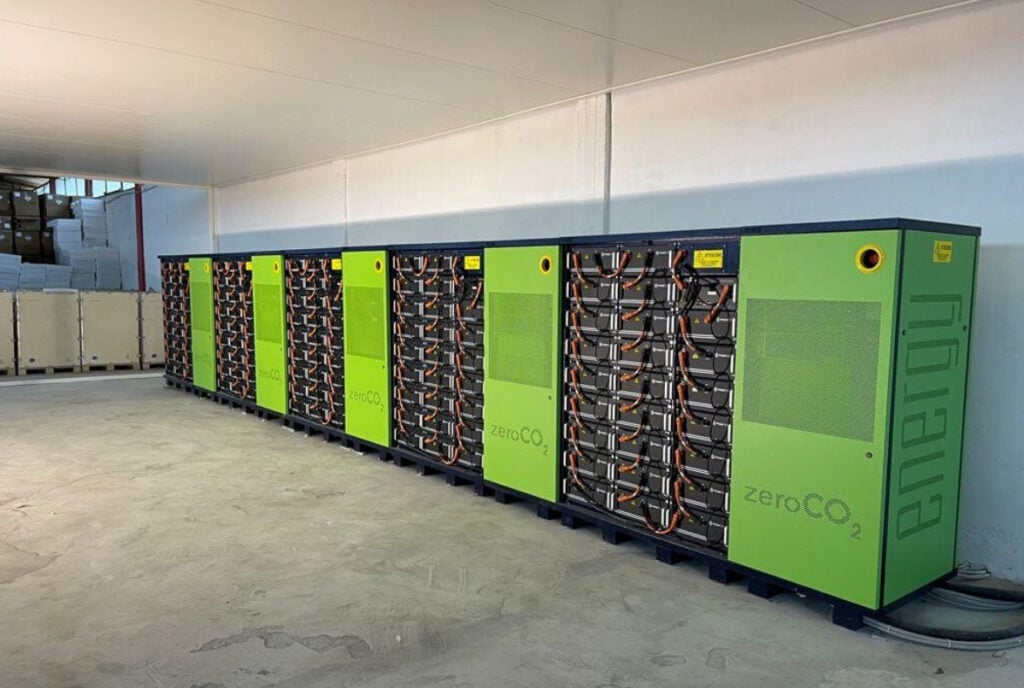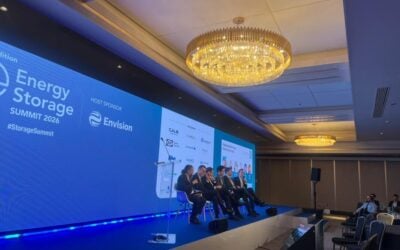
System integrator Energy SpA and its vertically integrated peer Pylon Technologies (Pylontech) have formed a joint venture (JV) to set up a gigafactory in Italy producing batteries for energy storage.
The Italy and China-based companies (respectively) have set up the JV entity Pylon LiFeEU S.r.l, Energy announced on the Italian stock exchange today (18 May).
Through the JV, the firms will set up a facility producing lithium iron phosphate (LFP) batteries at Energy’s existing facility in Sant’Angelo di Piove di Sacco, set to be operational by the end of 2023.
After that, the two will then build a gigafactory at the same site which will have an eventual production capacity of between 1,095MWh and 1,460MWh annually (based on producing 600-800 batteries a day totalling 3-4MWh of capacity).
Try Premium for just $1
- Full premium access for the first month at only $1
- Converts to an annual rate after 30 days unless cancelled
- Cancel anytime during the trial period
Premium Benefits
- Expert industry analysis and interviews
- Digital access to PV Tech Power journal
- Exclusive event discounts
Or get the full Premium subscription right away
Or continue reading this article for free
However, Energy’s media statement indicated that, at least at first, the capacity would be going towards its own energy storage products, which it deploys across the residential, commercial and grid-scale segments.
“The transaction will position Energy as the only Italian company to manufacture the energy storage system and storage batteries in-house,” it said.
Jinpeng “Geoffrey” Song, Vice President of Pylontech’s international business, adds: “It is an important step for Pylontech to start localised production, as our partners, especially in Europe, are eager to have a more secure and stable supply chain.”
As Energy-Storage.news has written recently, the Italian grid-scale market looks set to take off in the next few years after being virtually non-existent until now. The commercial and industrial (C&I) sector is also relatively small.
However, the residential market has boomed – second-only to Germany by annual deployments – thanks to the inclusion of a energy storage as an eligible technology in a 110% tax credit for energy efficiency renovation, dubbed the ‘superbonus’.
Pylontech produces both lithium-ion battery cells and BESS units and listed on the Shanghai Stock Exchange two years ago, when it announced it would have 4GWh of BESS production capacity by 2024.





